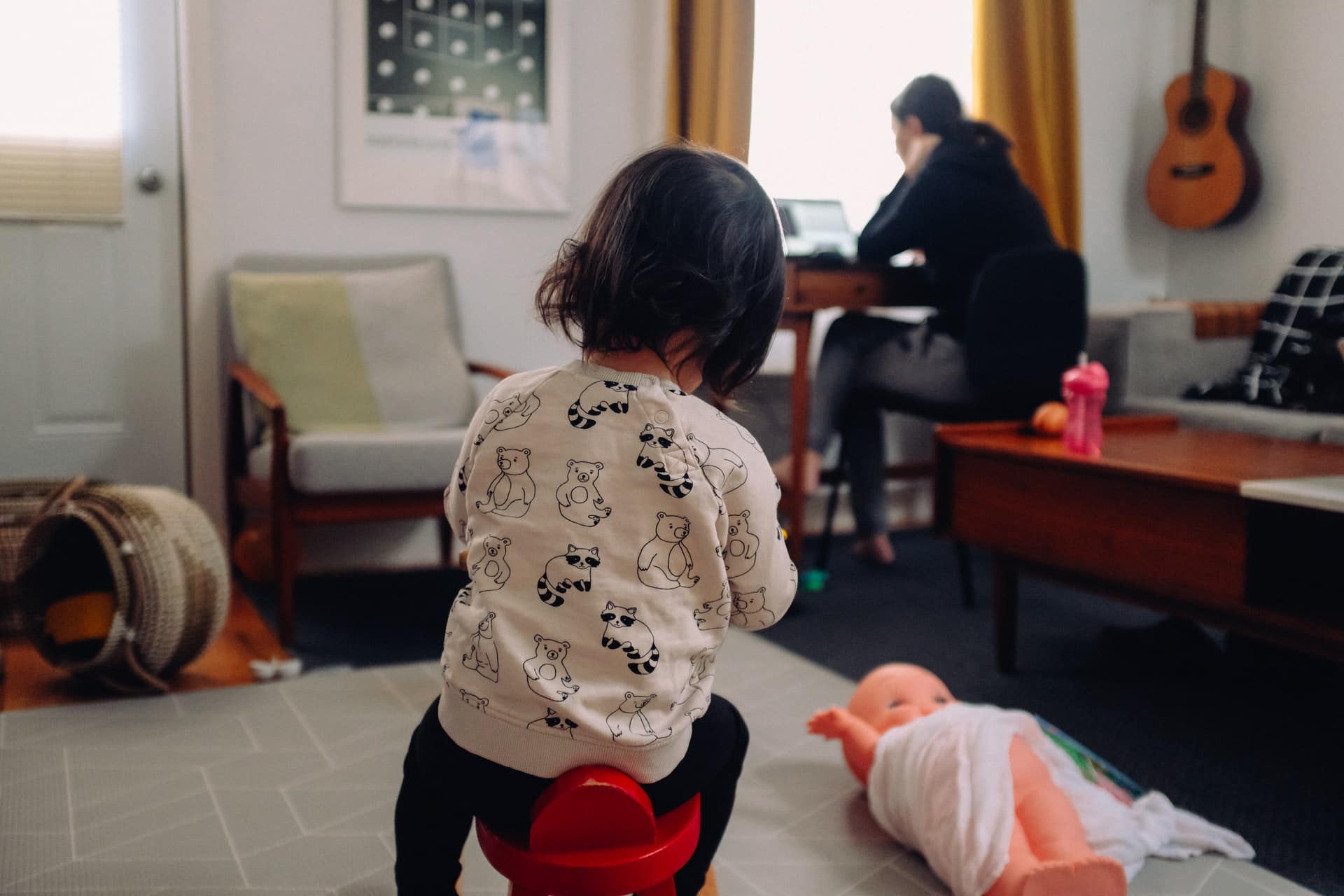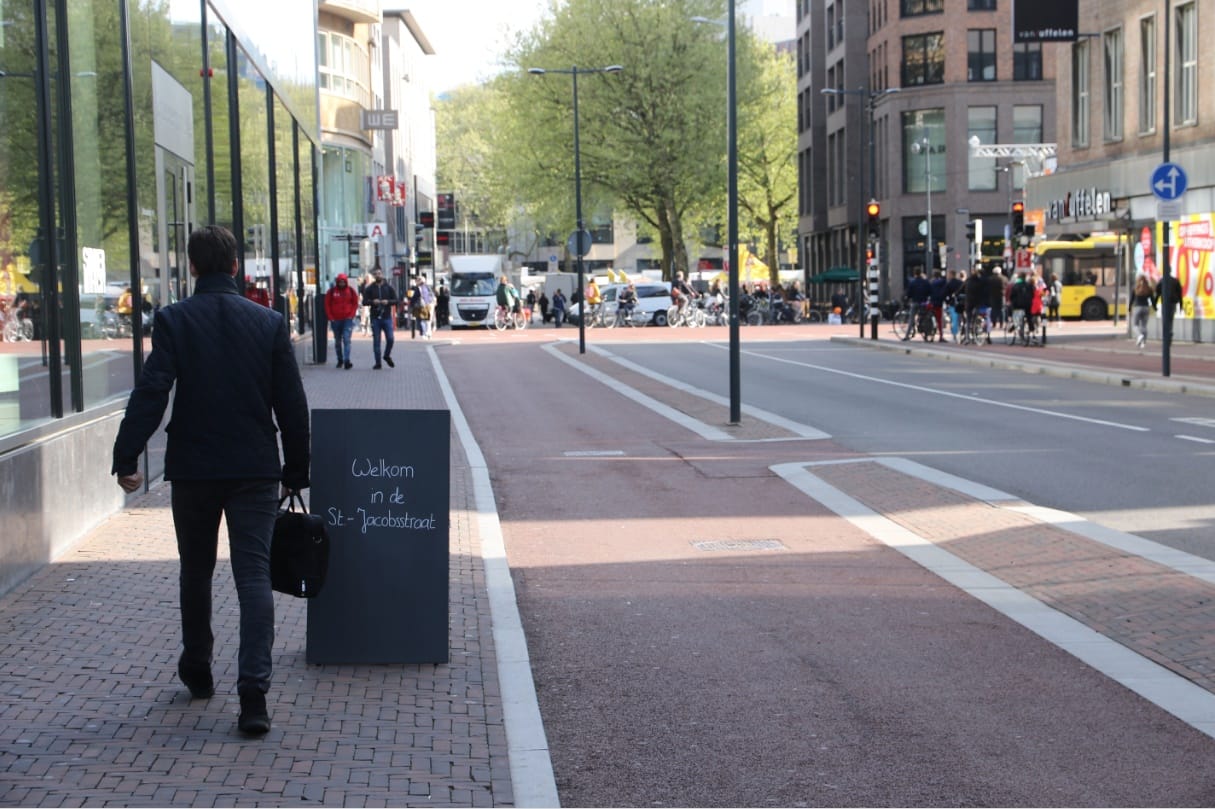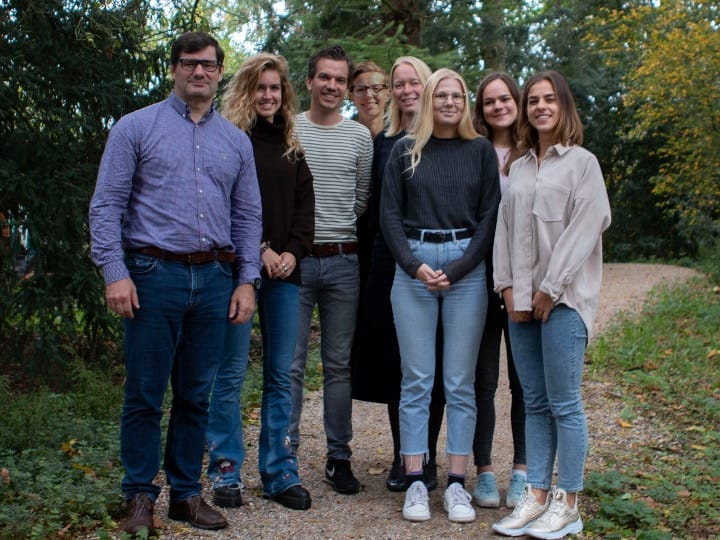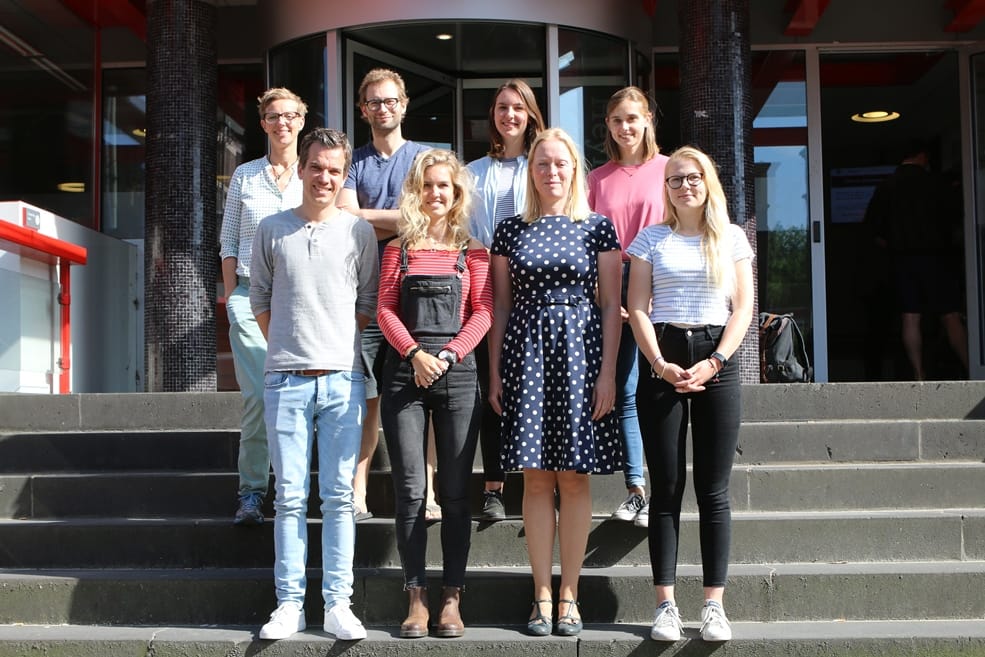The “tip of the tongue” phenomenon is something we have all likely experienced at some point, but what causes this familiar but frustrating failure of recall? I discuss likely causes of the phenomenon and computer models of human memory.
Every quarter, we share articles published in the BCN Newsletter and we are happy today to share an interview with Giulia Trentacosti and Peter Braun on Open Science. The interview was conducted and written by Jaime Mondragon, a PhD candidate at the UMCG.
More and more people oppose the coronavirus measures, because they perceive them as threatening their autonomy. In this post, Anne-Kathrin Kleine explains how people’s sense of autonomy may be protected. The goals and stakes are clear: we want to stop the virus without running the risk of emerging from the crisis as a divided society.
This article summarizes the results of a survey conducted by YESS BSS along with a response of the Faculty Board. The authors contextualize the findings in the larger academic context and call upon the faculty to specifically address concerns regarding declining research progress and mental health.
Early traumatic experiences have an impact on later outcomes and adult life, the very thing is, the long-term consequences not always must be only negative. In this post, Solomiia explains the relevance of childhood adverse experiences, the role of Resilience on later outcomes, as well as a general overview of the study currently conducted by the group led by Dr. Bertus Jeronimus in this topic.
Did you ever consider that innovation is a lot like romance? In this contribution, Iustina Armasu sheds some light on the journey of the creative idea – a guide to help you find “the one”!
In her study amongst 234 pedestrians, psychologist Ilse Harms found that walking without awareness is very common. Although 53.8% of pedestrians was unaware of the sign-board she had placed on the pavement, none of them had bumped into it! In this blog post Ilse explains what we can learn from these findings.
When the university suddenly had to close its doors due to the COVID-19 pandemic, teachers managed to move their teaching online overnight, so students could continue their education. However, education now requires not only an online form but also new ideas to promote feelings of belonging and connectedness at the University.
This is one of two blogposts addressing the question how to engage students. Based on students’ feedback, the Education Committee has collected good examples of teaching, which could serve as an inspiration for teachers. This part is focused on implementing a flipped classroom in smaller classes.
Healthcare workers face high emotional demands at work, which are even higher during the current Corona crisis. Susanne Scheibe reflects on the role of age in maintaining well-being at work and notes that younger healthcare workers may be especially at risk for exhaustion.










